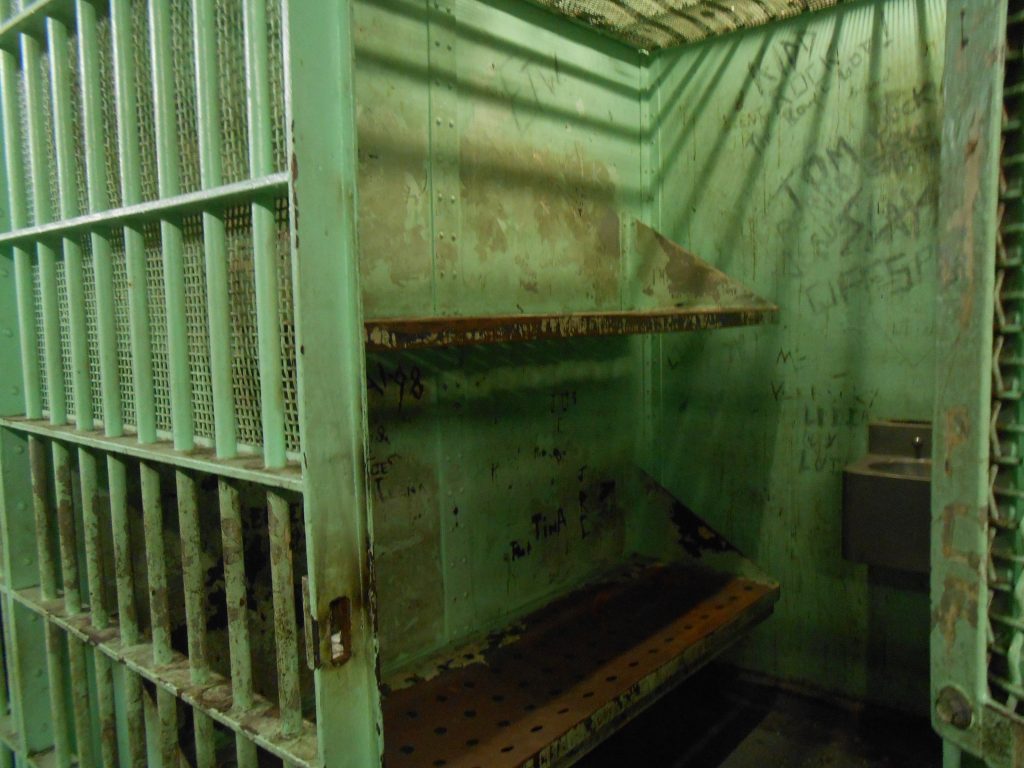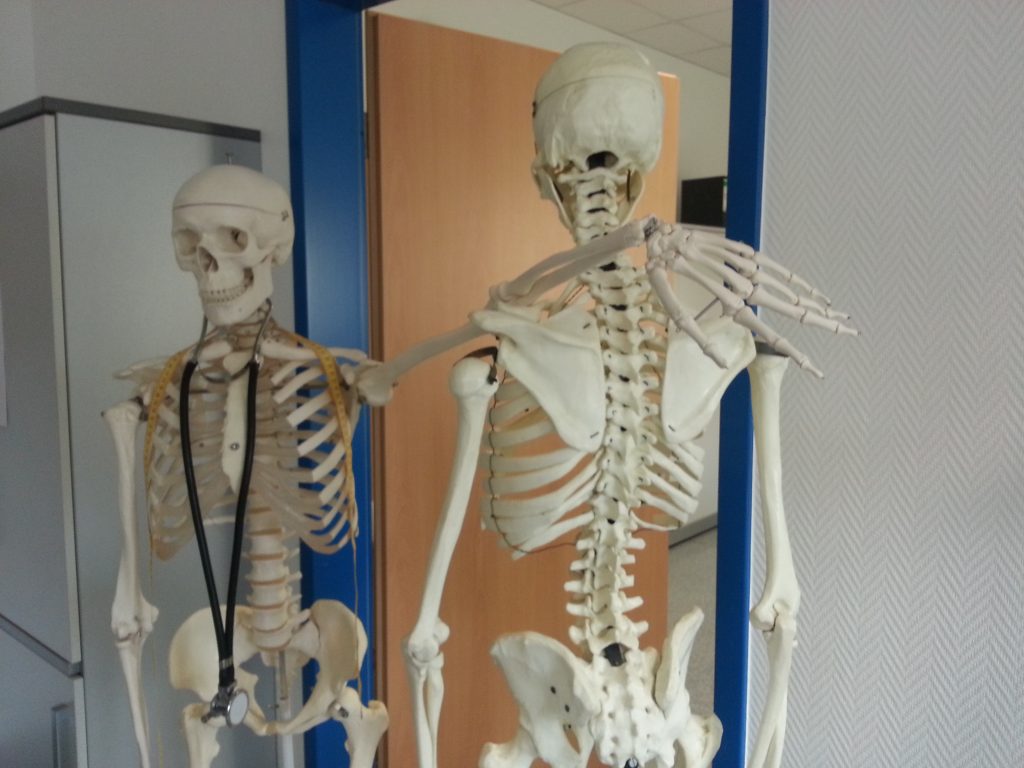 When you are preparing for a lawsuit, it is crucial to understand what evidence you will be allowed to present in support of your claim. On the flip side, if there is evidence you do not think the other party should be able to present, you can file a motion to try to exclude that evidence. Rulings on evidence can have a major effect on a case because they limit what a jury gets to see or hear.
When you are preparing for a lawsuit, it is crucial to understand what evidence you will be allowed to present in support of your claim. On the flip side, if there is evidence you do not think the other party should be able to present, you can file a motion to try to exclude that evidence. Rulings on evidence can have a major effect on a case because they limit what a jury gets to see or hear.
In product liability lawsuits, it is essential to understand the various parties involved in the manufacture and sale of the at-issue equipment. The following lawsuit out of St. Charles Parish Louisiana shows the importance of understanding the rules of evidence and when and how to produce evidence at trial.
Grove U.S. LLC manufactured, sold, and delivered the at-issue Grove crane to H&E Equipment Services. H&E then leased the crane to Dow Chemical to use in Taft, Louisiana. While in use Grove sent H&E a notice of a Product Improvement Program related to issues involving the crane’s boom extension and structural deficiencies. H&E was authorized to repair because it was an authorized distributor. A manager at H&E contacted the crane’s supervisor at Dow to make the repairs. Dow’s supervisor said they would remove the parts instead of permitting H&E to do so.
 Louisiana Personal Injury Lawyer Blog
Louisiana Personal Injury Lawyer Blog


 Jails are supposed to be safe for the people in them and can’t expose inmates to unnecessary risk of injury. Even though prisons are not required to be legally comfortable, they must still provide safe living conditions. If someone gets hurt because of unsafe conditions in jail, they can seek relief from the county. This relief may come in different forms, but the inmate must follow administrative procedures outlined in the jail handbook or other administrative guides before filing a lawsuit.
Jails are supposed to be safe for the people in them and can’t expose inmates to unnecessary risk of injury. Even though prisons are not required to be legally comfortable, they must still provide safe living conditions. If someone gets hurt because of unsafe conditions in jail, they can seek relief from the county. This relief may come in different forms, but the inmate must follow administrative procedures outlined in the jail handbook or other administrative guides before filing a lawsuit. In the realm of lawsuits, there are always two sides to the story, presenting challenges in determining who will emerge victorious. However, even when faced with factual disputes, there is still hope for success in your worker’s compensation claim. The case of David Thibodaux, a truck driver for Grand Isle Shipyard, serves as a prime example of overcoming obstacles in the pursuit of justice. Despite skepticism about the origin of his injuries and facing resistance from his employer, Thibodaux’s perseverance and the support of a skilled attorney led to a favorable outcome. This story emphasizes the crucial role of legal counsel in guiding individuals through the complexities of workers’ compensation claims and ensuring the presentation of compelling evidence to support their case.
In the realm of lawsuits, there are always two sides to the story, presenting challenges in determining who will emerge victorious. However, even when faced with factual disputes, there is still hope for success in your worker’s compensation claim. The case of David Thibodaux, a truck driver for Grand Isle Shipyard, serves as a prime example of overcoming obstacles in the pursuit of justice. Despite skepticism about the origin of his injuries and facing resistance from his employer, Thibodaux’s perseverance and the support of a skilled attorney led to a favorable outcome. This story emphasizes the crucial role of legal counsel in guiding individuals through the complexities of workers’ compensation claims and ensuring the presentation of compelling evidence to support their case. The case of Danell Brice, a home health nurse who was attacked while visiting Timothy Bragg’s apartment, highlights the complex legal issues surrounding the duty of care owed by healthcare professionals in situations involving potential harm to third parties. Brice filed a lawsuit against Dr. Lynn Simon, Braggs’ treating psychiatrist, and Dr. Vasanthi Vinayagam, who provided medical treatment to Braggs. The central dispute revolves around whether the doctors had a duty to warn Brice about Braggs’ changed medication and potential for violence. This article examines the court’s ruling on the motion for summary judgment and the application of relevant statutes in determining the doctors’ liability.
The case of Danell Brice, a home health nurse who was attacked while visiting Timothy Bragg’s apartment, highlights the complex legal issues surrounding the duty of care owed by healthcare professionals in situations involving potential harm to third parties. Brice filed a lawsuit against Dr. Lynn Simon, Braggs’ treating psychiatrist, and Dr. Vasanthi Vinayagam, who provided medical treatment to Braggs. The central dispute revolves around whether the doctors had a duty to warn Brice about Braggs’ changed medication and potential for violence. This article examines the court’s ruling on the motion for summary judgment and the application of relevant statutes in determining the doctors’ liability. A pre-existing illness requiring time off is difficult, especially if one believes the work environment is worsening the condition. However, proving the environment is the cause of the worsening condition is difficult to do. So, how can a pre-existing illness affect a worker’s compensation claim? What happens if you cannot prove a causal link between a work environment and a worsening condition? The following Louisiana Court of Appeals case helps answer these questions.
A pre-existing illness requiring time off is difficult, especially if one believes the work environment is worsening the condition. However, proving the environment is the cause of the worsening condition is difficult to do. So, how can a pre-existing illness affect a worker’s compensation claim? What happens if you cannot prove a causal link between a work environment and a worsening condition? The following Louisiana Court of Appeals case helps answer these questions.  When terminating employment in Louisiana, it is crucial to understand the laws governing the timely payment of owed wages. However, a question arises when an employee fails to explicitly state “discharged” or “resigned” in their petition. Kevion Dillon found herself in such a situation after experiencing harassment and discrimination that led her to resign from her position. Despite not using specific terminology, she sought to receive her final wages within the 15 days mandated by Louisiana law. This case sheds light on the importance of legal guidance to navigate the complexities of claiming unpaid wages and exercising one’s rights when facing employment challenges.
When terminating employment in Louisiana, it is crucial to understand the laws governing the timely payment of owed wages. However, a question arises when an employee fails to explicitly state “discharged” or “resigned” in their petition. Kevion Dillon found herself in such a situation after experiencing harassment and discrimination that led her to resign from her position. Despite not using specific terminology, she sought to receive her final wages within the 15 days mandated by Louisiana law. This case sheds light on the importance of legal guidance to navigate the complexities of claiming unpaid wages and exercising one’s rights when facing employment challenges. Dreaming of your day in court? Understanding the crucial elements necessary to succeed in your claim is essential. When pursuing a negligence lawsuit, one of the most challenging elements to establish is proving that the other party caused your injuries. Failure to provide sufficient evidence demonstrating a factual dispute regarding the cause of your injuries may lead to the dismissal of your lawsuit at the summary judgment stage, even before stepping foot in a courtroom. This case highlights the significance of meeting the burden of proof on causation and the potential consequences of failing to do so.
Dreaming of your day in court? Understanding the crucial elements necessary to succeed in your claim is essential. When pursuing a negligence lawsuit, one of the most challenging elements to establish is proving that the other party caused your injuries. Failure to provide sufficient evidence demonstrating a factual dispute regarding the cause of your injuries may lead to the dismissal of your lawsuit at the summary judgment stage, even before stepping foot in a courtroom. This case highlights the significance of meeting the burden of proof on causation and the potential consequences of failing to do so. Domestic violence affects countless individuals, and while physical harm may be the most obvious form of abuse, technology has expanded the range of abuses victims endure. Filing for a protective order is one action victims can take to address domestic violence. This case delves into whether cyberstalking qualifies as domestic abuse to obtain a protective order, highlighting how the law adapts to address technological advancements and protect victims.
Domestic violence affects countless individuals, and while physical harm may be the most obvious form of abuse, technology has expanded the range of abuses victims endure. Filing for a protective order is one action victims can take to address domestic violence. This case delves into whether cyberstalking qualifies as domestic abuse to obtain a protective order, highlighting how the law adapts to address technological advancements and protect victims. When pursuing a medical malpractice claim in Louisiana, adhering to the necessary procedural requirements is crucial for a successful case. Failure to comply with statutory obligations can lead to legal battles centered around procedural technicalities rather than the merits of the claim.
When pursuing a medical malpractice claim in Louisiana, adhering to the necessary procedural requirements is crucial for a successful case. Failure to comply with statutory obligations can lead to legal battles centered around procedural technicalities rather than the merits of the claim. The diverse range of viewpoints expressed at city council meetings often evokes mixed reactions from attendees. While some voices may test our patience, it is crucial to recognize that the First Amendment safeguards individuals’ freedom of speech during such gatherings. A case involving Tom Heaney’s experience at a Jefferson Parish city council meeting in Gretna, Louisiana, sheds light on the constitutional rights protected in these limited public forums. The subsequent legal proceedings provide valuable insights into the requirements for successfully pursuing a First Amendment claim related to alleged silencing in such settings.
The diverse range of viewpoints expressed at city council meetings often evokes mixed reactions from attendees. While some voices may test our patience, it is crucial to recognize that the First Amendment safeguards individuals’ freedom of speech during such gatherings. A case involving Tom Heaney’s experience at a Jefferson Parish city council meeting in Gretna, Louisiana, sheds light on the constitutional rights protected in these limited public forums. The subsequent legal proceedings provide valuable insights into the requirements for successfully pursuing a First Amendment claim related to alleged silencing in such settings.